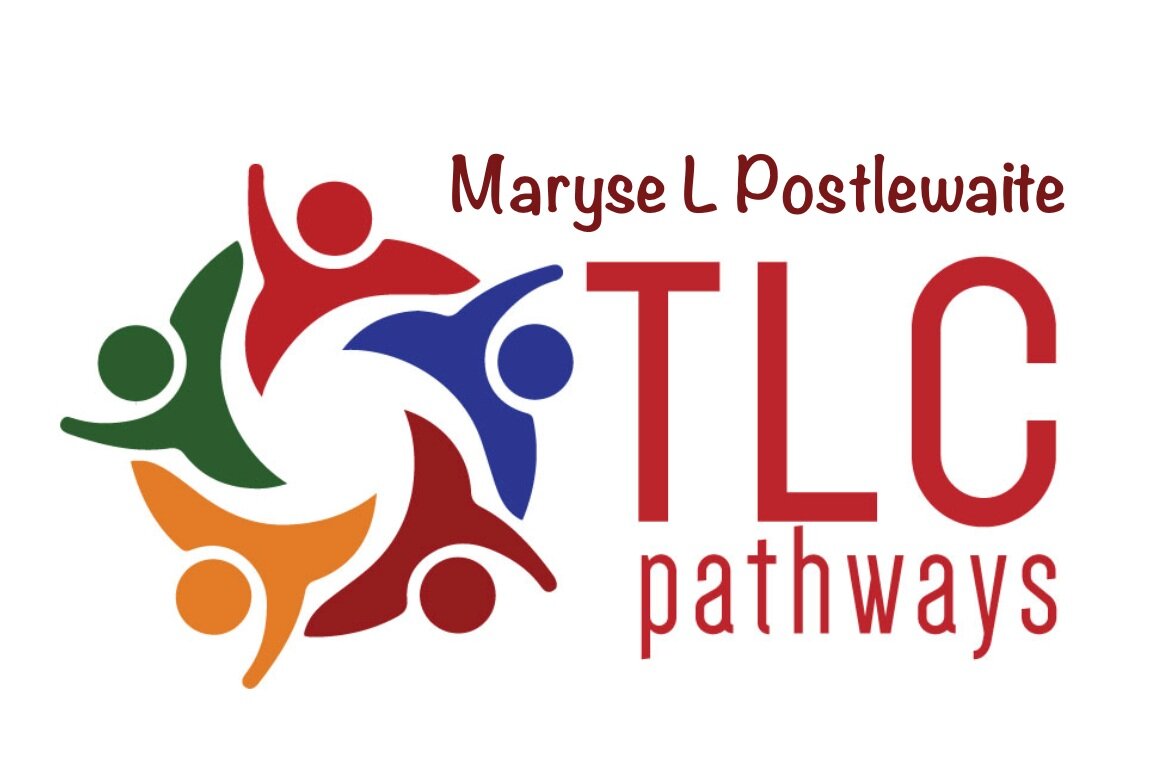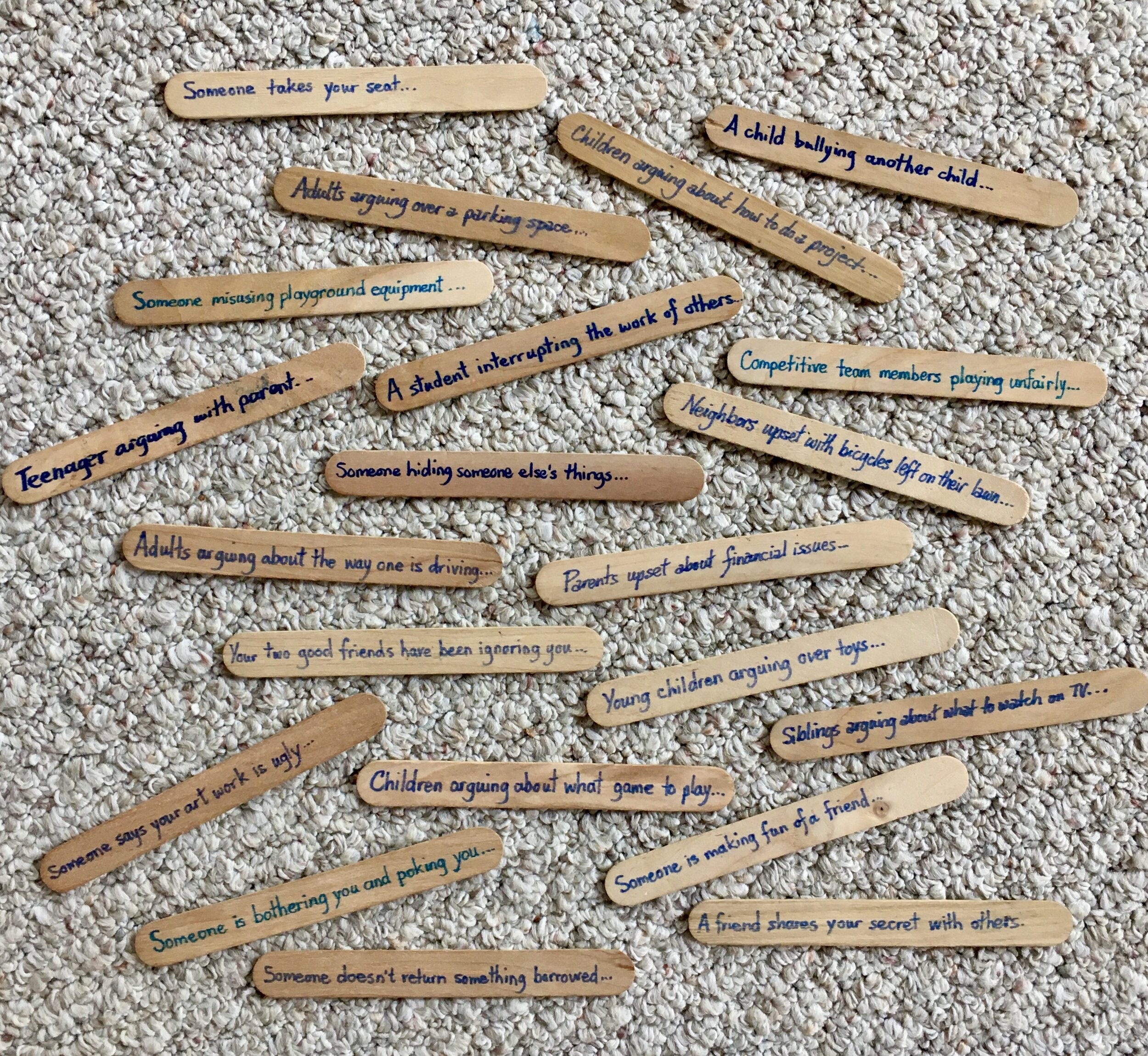Reviving Singing Telegrams
Bringing Joy through Simple Gestures
Finding ways to bring joy to others is a powerful pathway in which both the giver and receiver benefit from the relationship. (Source below.) The brain science affirming this is outstanding. Our personal experiences reinforce this, too.
Eighty-seven years ago, singing telegrams were conceived of by George Oslin as an alternative to the association of a telegram only with death or other tragic news. Singing telegrams were first delivered in person since many people did not have a telephone.
Several years ago, small groups of children from my upper elementary class offered singing telegrams for Mother’s Day. I was on the call which my mom and aunt received from one of those groups. The joy on my mom and aunt’s face has stayed with me all these years.
Join me in reviving the tradition of singing telegrams! Share with the children, young and old, who are looking for what to do in the day when going out is limited. Reach out to the elderly, in particular, who may not be allowed to leave their apartment.
Consider some of Ella Fitzgerald’s hits like “I Want to be Happy” or “Blue Skies” or “Accentuate the Positive”. If you are not inclined to sing, then find a recording of a favorite song and just play it.
Join me in circulating around the globe the gift of song, renewing former trends, and spreading joy, particularly appreciated during these challenging times.
Contact me: pathways2tlc@gmail.com to set up a workshop.
Connect with Facebook: @tlcpathways
Instagram: maryse_tlcpathways or LinkedIn: Maryse L Postlewaite
The most precious gift we can offer others is our presence. When mindfulness embraces those we love, they will bloom like flowers. --Thich Nhat Hanh
Kitchen Personalities
A Fun Way to Get to Know Each Other
We can nurture relationships and build more trust and the outcome for all is beneficial. Learning more about one another and building rapport makes a difference.
Here’s a fun way to get to know others.
Gather your group together, be they family, work colleagues, or friends…this is best with at least 5 or up to 30 plus. Actually, there is no limit!
Gather a bunch of kitchen utensils (optional). Spread them out. Then ask the question: If you were a kitchen utensil, what would you be and WHY? It’s the “why” which is revealing as people tend to relate the use of the utensil to one of their favorable characteristics. (BTW, if someone feels too limited by a utensil, then suggest, anything in the kitchen or in the house/office for that matter.)
Here are some responses from various workshops and gatherings… I’d be…
a can opener because I like to get deeper inside of things
a metal spatula as I like to turn things around to have a new perspective
a sifter to be able to separate what’s important from what’s not
a wooden scrub brush because I like things to be neat and tidy
a bottle opener because I like to have a good time
an herb grinder because I like to add more flavor to situations
a wooden spoon since I like to mix things up
Point of Interest…I give credit to my family for this activity. A couple of years ago, I was informed that my name, “Maryse” was associated with a kitchen utensil… a spatula, a special one, used with pastries. It was coined after Maryse De Monpetit, a pastry chef from the royal court of Francois I, 16th century.
Since learning this about my name, our family asked one another the question. I like to gather good ideas and pass them along. So what kitchen utensil would you be and WHY?
Register for the Conflict Resolution online course http://learn.kidpower.org/course/conflict-resolution-pathways or email pathways2tlc@gmail.com for more information.
Connect with Facebook: @tlcpathways
Instagram: maryse_tlcpathways or LinkedIn: Maryse L Postlewaite
Boost Beneficial Conflict Outcomes
Successful Conflict Resolution Tips
Do you avoid conflict or are you ready to put up a flight or somewhere in between?
Look back at a most recent conflict. Do you wish you had handled it differently? Many a time, I wish I had. What can make a difference? Our approach, our authentic expression, our adaptability, and our commitment to enhancing our relationships.
Our prior experiences with conflict shape our approach which may be beneficial or detrimental to the outcomes. Implement some simple steps to ensure a positive result.
* Go directly to the person(s) involved to solve the problem. Avoid going to others, complicating the problem.
* Be open to diverse perspectives
* Be conscientious of your unjust judgements
* Be committed to attentive listening
* Be trusting
* Be encouraged by the benefits of resolving conflicts
Focusing on the potential favorable consequences of finding solutions to disagreements will affect our interactions towards nurturing more compassionate relationships.
Benefits to conflict resolution:
provides a catalyst to improved relationships
expands personal growth and insight
broadens exposure to new ideas
honors and fulfills needs
encourages authenticity
Practicing active listening, paraphrasing, bias awareness, perspective taking, and communication skills, removed from the actual conflict, presents possibilities to implement enhanced skills when discord arises. Role playing through conflict skits (photo of ideas used in workshops with students) fosters our realization of the intricacies of relationships and provides opportunities to refine our interactions.
Contact me: pathways2tlc@gmail.com to learn more.
Connect with Facebook: @tlcpathways
Instagram: maryse_tlcpathways or LinkedIn: Maryse L Postlewaite
Shifting Stereotypes
Sesame Street Shifts Stereotypes
Celebrating 50 years, Sesame Street is a champion in stamping out stereotypes and dealing with diversity through its many muppet characters who depict the wide range of people of our world. What’s not to love in our most favorite?
It has been with intention that Sesame Street producers creatively introduced to its worldwide audiences the array of similarities and differences which we have with one another. Take for example some of these characters we meet: Rosita, the bilingual muppet who teaches Latin American culture and language; Kami who brings awareness to the HIV/AIDS epidemic in South Africa; Mahboub, an Arab-Israeli muppet who speaks both Arabic and Hebrew; Tarah, a nine-year old girl who performs wheelchair ballet; Lily who faces food insecurity; and Julia who encourages us to be more sensitive and empathetic to those with autism. Presenting these characters and many others as members of our every day communities has made a difference in influencing the young and old to reduce prejudices.
There are a flurry of “anti-bias” and diversity trainings happening in the work force in many fields from schools to corporations. Despite the great value in bringing awareness through trainings, it is through getting to know others who are different from ourselves whereby we can dissolve the stereotypes we have. Researcher and author, Jennifer Eberhard, writes in her recently published book, Biased, “We know that close relationships with people unlike ourselves - at school, at work, at church, in neighborhoods - can help mute the impact of prejudice and blur group boundaries.” (I highly recommend this book!)
And yes, we all have biases. From a very youthful age, as young as 6 months, babies are aware of skin color. Studies show that the “color blind” message, that is, if you don’t think about race, you won’t be biased… has backfired, hindering our progress towards greater equality. Our approach to others of a different skin color or any other “difference” for that matter, can bear a positive influence for future generations. Let’s be the agents of change to honor one another just like Sesame Street’s characters do.
For fun, chime in to share your favorite clip from Sesame Street in honor of their 50th Anniversary.
Send an Email: pathways2tlc@gmail.com to set up a workshop.
Connect with Facebook: @tlcpathways
Instagram: maryse_tlcpathways or LinkedIn: Maryse L Postlewaite
https://www.history.com/news/8-stereotype-shattering-sesame-street-characters








